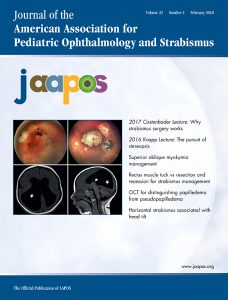 Three researchers are fighting over who should get to publish a case report on a pair of unique patients.
Three researchers are fighting over who should get to publish a case report on a pair of unique patients.
Yoo-Mi Kim—who was not an author on the paper—claimed that he had diagnosed the patients described in the report, and should have been the one to write it up. The authors—Jun Woo Park and Soo Jung Lee—disagreed, claiming that they had treated the patients for years and had received oral consent from the patients to publish the report.
The Journal of American Association for Pediatric Ophthalmology and Strabismus, unable to resolve the disagreement, has published an expression of concern highlighting the dispute. Continue reading When multiple doctors treat a patient, who gets to publish the case report?
 More than two thousand researchers have
More than two thousand researchers have 
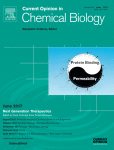
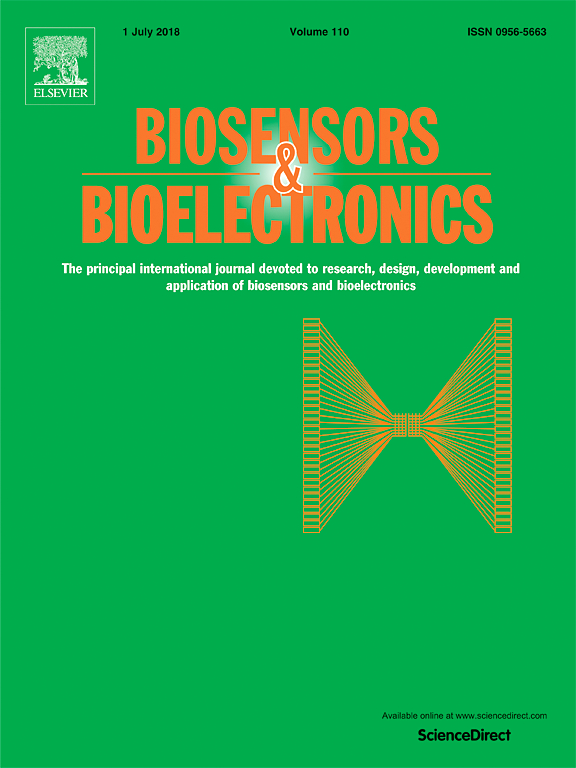


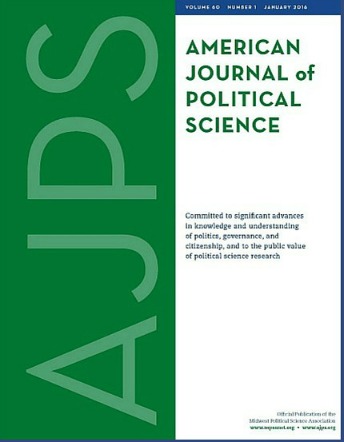 Many political scientists are up in arms over an editor’s decision to use his journal as a platform to defend himself from allegations of sexual harassment.
Many political scientists are up in arms over an editor’s decision to use his journal as a platform to defend himself from allegations of sexual harassment.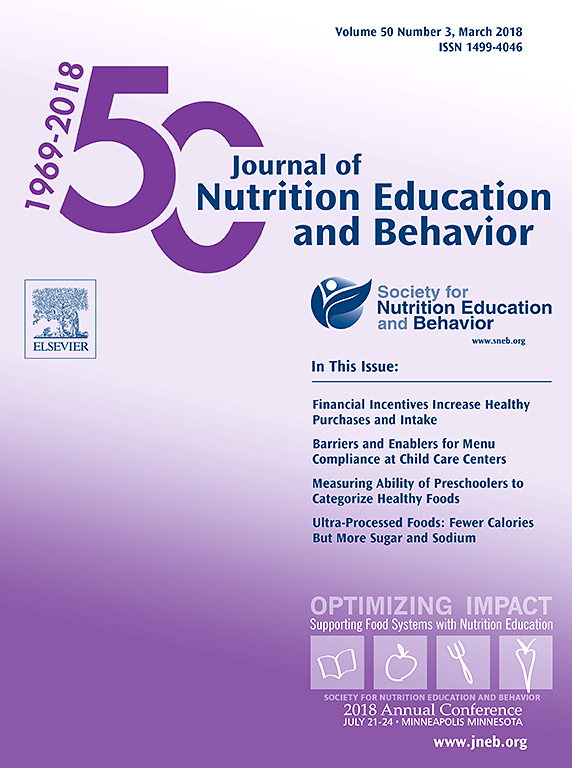 Does incorporating gardens and their harvest into school-based nutrition programs help children get healthier? A 2017 paper claims it does, but a group of outside experts disagrees — strongly.
Does incorporating gardens and their harvest into school-based nutrition programs help children get healthier? A 2017 paper claims it does, but a group of outside experts disagrees — strongly.